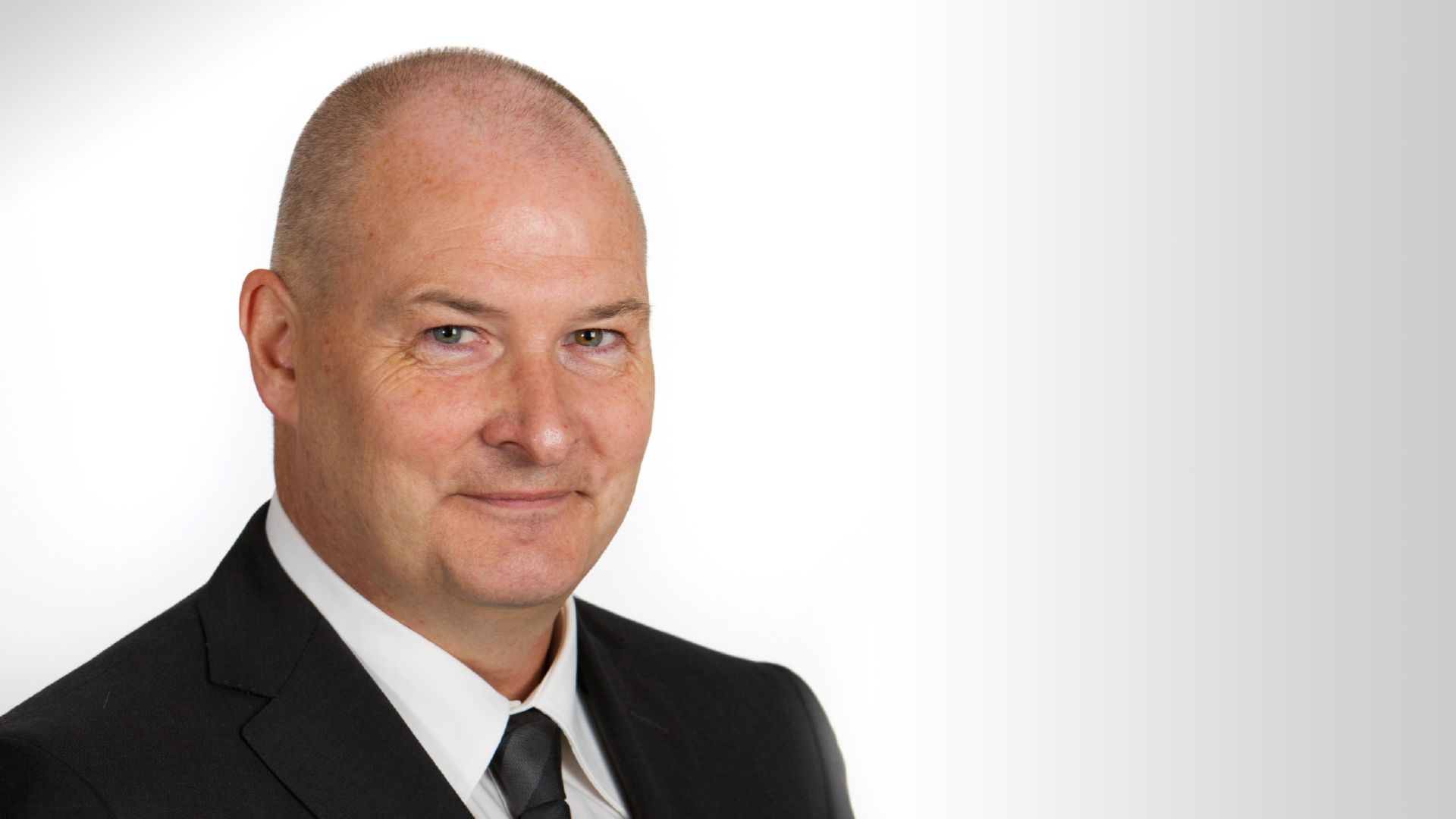Access to reliable, clean and affordable power is likely to dominate data centre conversations in 2025 and beyond. Huge AI-fuelled demand is coming down the track, but there will be a blockage on the line if data centre facilities can't deliver the required power.
With this in mind, the Datacloud team is talking to 20 power and energy leaders in the data centre and connectivity world. For the first of these conversations, we are very pleased to welcome Lex Coors.
Lex has many hats - Chief Datacentre Technology and Engineering Officer at Digital Realty, Chair Policy Committee at the European Data Centre Association, Visiting Professor at the University of East London to name just three of them - so he is perfectly placed to deliver a unique perspective on the power challenges of our industry. Liss Boot-Handford sat down with Lex to get his thoughts on Digital Realty's energy initiatives and power in the industry in general.

